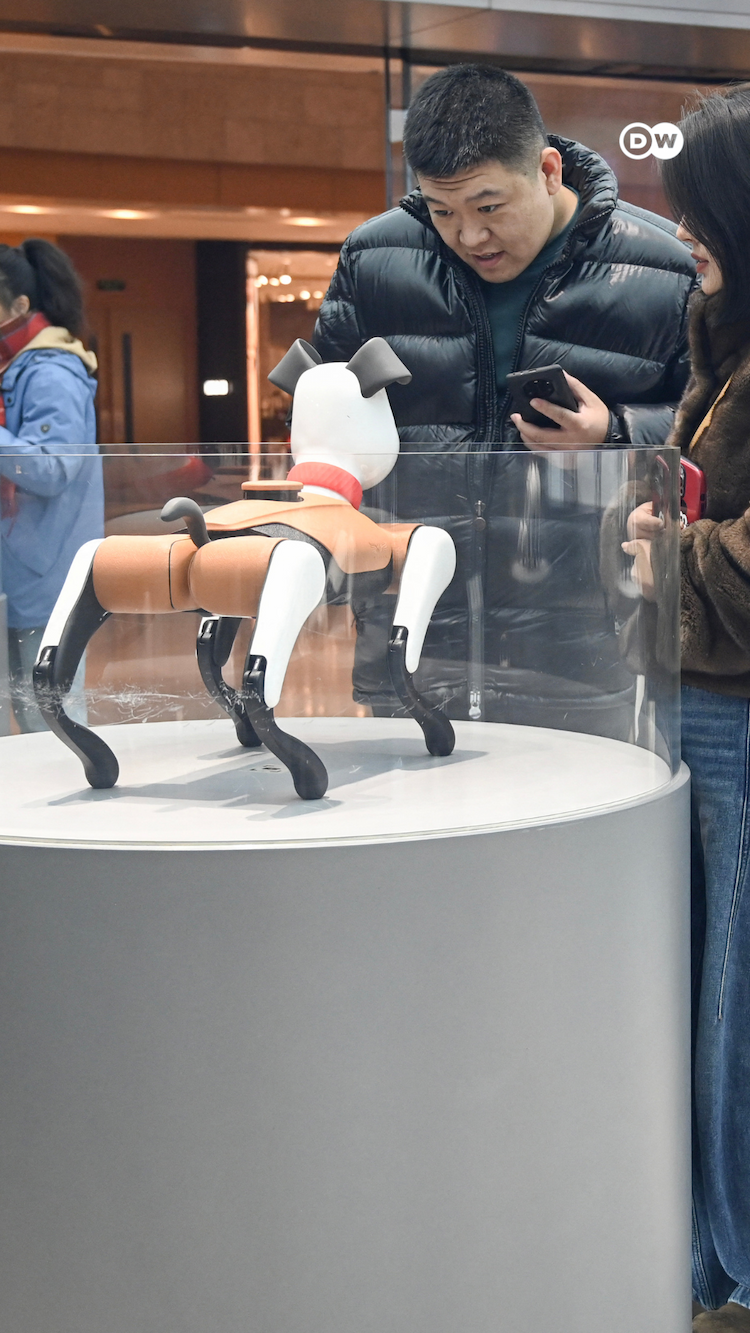Why Gen Z is choosing peace over productivity
In a world that glorifies speed, multitasking, and relentless ambition, a quiet counter-culture is taking root, one that’s trading hustle for harmony. It’s called soft living, and it's becoming the lifestyle of choice for those looking to escape burnout and embrace a gentler, more intentional way of life.
What is soft living?
Soft living is more than just a buzzword; it’s a conscious decision to slow down and simplify. It’s about designing a life that values peace, mindfulness, and emotional well-being over constant productivity. Think of it as a rebellion against hustle culture, where your worth isn’t measured by how busy you are, but how balanced you feel.
At its core, soft living means choosing softness in a hard world. It’s about waking up without an alarm, sipping your morning coffee without rushing, and being fully present in your daily rituals.
The rise of the soft life movement
The pandemic years forced many people to reassess what truly matters. From job resignations to mental health awakenings, the global shift made space for a lifestyle that values presence over pressure. Social media platforms like TikTok and Instagram are now filled with hashtags like #softlife and #softliving, with creators documenting their slower routines and emotionally nourishing habits.
Influencers and everyday users alike are showcasing mornings filled with yoga, journaling, or simply sitting in silence with a book, turning soft living into a visually soothing movement.
The Labubu has gone from toy to table: Cute, creepy, and now edible
Key principles of soft living
Prioritising mental health
Soft living places mental well-being at the forefront. That means regular breaks, saying no when needed, and reducing exposure to stressors like doom-scrolling or toxic work environments.
Embracing simplicity
The soft life isn’t about luxury or spending, it’s about living well within your means, curating your space with intention, and cutting out clutter, both physical and emotional.
Setting boundaries
Learning to protect your time and energy is essential. Whether that’s logging off after work hours, unfollowing triggering accounts, or simply resting without guilt boundaries are the backbone of this lifestyle.
Finding joy in the ordinary
From slow-cooked meals to daily walks, soft living romanticises everyday routines. It encourages you to pause and savour the little moments that often go unnoticed in a fast-paced life.
Why the world needs more soft living
We’re in an age where burnout is worn like a badge of honour. But soft living asks—at what cost? This lifestyle shift invites people to reclaim their time, rediscover creativity, and restore their connection with themselves.
While hustle culture screams, “Do more!”, soft living gently reminds us that rest is also productive.
Backpack-wala mausam: How Gen Z is making the monsoon cool again
Soft living isn’t laziness, it’s intentional living. In a noisy, chaotic world, choosing softness is a powerful act of self-preservation. Whether you’re unplugging for an hour, cancelling plans to rest, or simply choosing silence over stimulation know that this slower rhythm may just be the fastest way back to yourself.
Because sometimes, less really is more.









